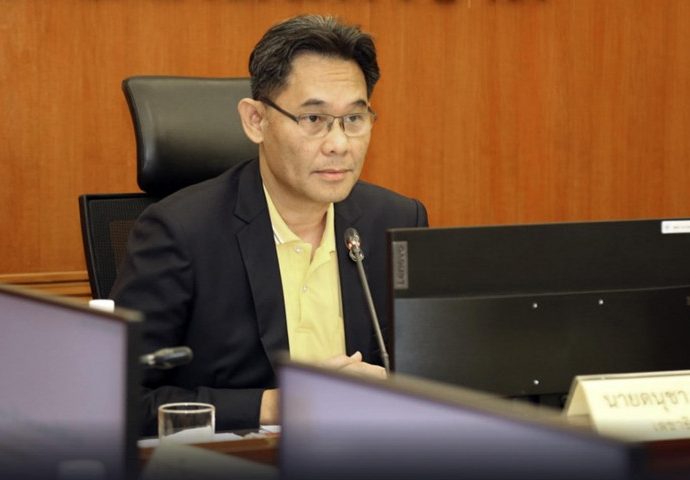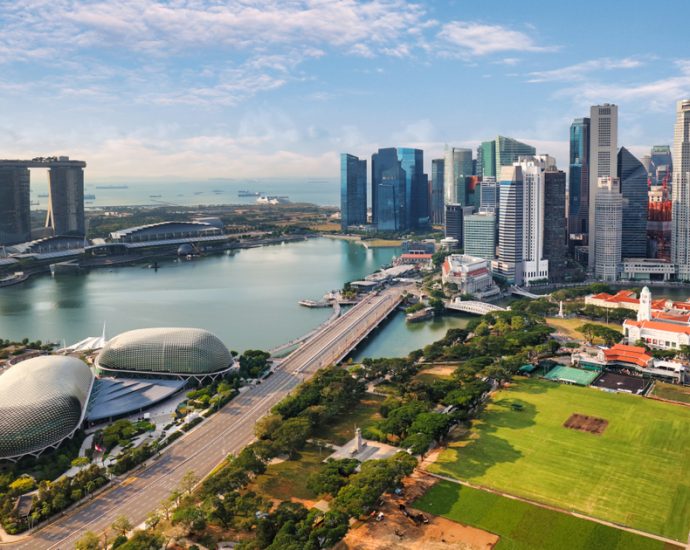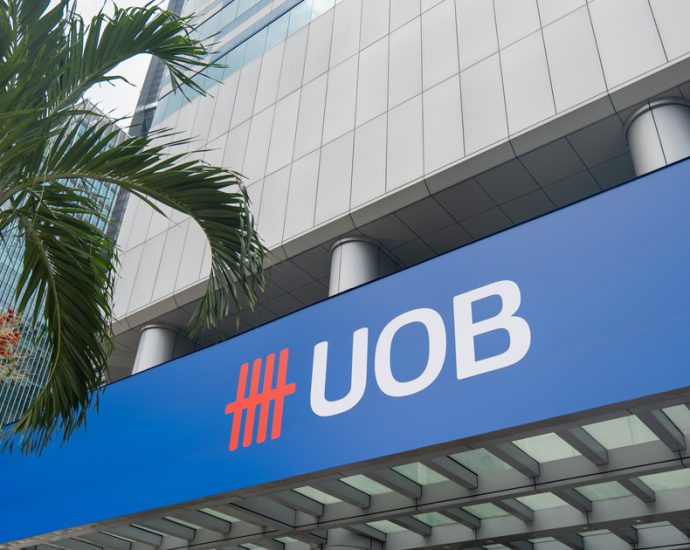DBS CEO Gupta’s total pay dropped 27% to US$8.3 million in 2023
According to the lender’s annual report, Piyush Gupta, CEO of Singapore’s largest bank DBS Group and one of the highest-paid CEOs in the country, his total compensation for 2023 decreased by 27.3 percent, according to the company’s annual report, which was released on Wednesday ( Mar 6 ). According toContinue Reading

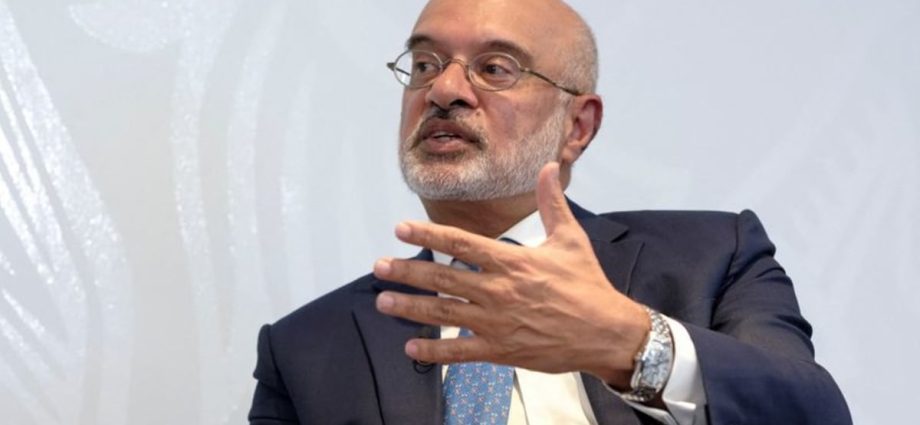
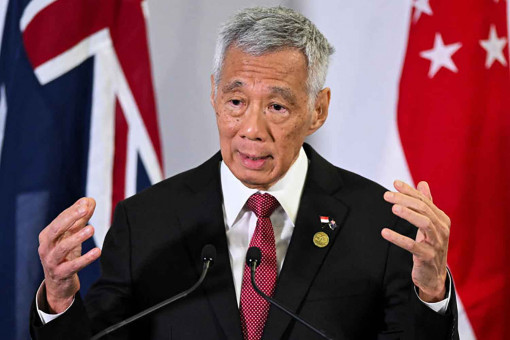







.jpg)


 Southeast Asia’s commercial construction sector is experiencing rapid growth, with a projected 2.5% increase in 2023, reaching a value of US$450.1 billion. Simultaneously, the demand for infrastructure in Asia is anticipated to surge, reaching a forecasted US$1.7 trillion by 2030. However, despite the substantial economic advantage, the sector is a substantial contributor to waste, responsible for 35% of the world’s greenhouse gas (GHG) emissions.
Southeast Asia’s commercial construction sector is experiencing rapid growth, with a projected 2.5% increase in 2023, reaching a value of US$450.1 billion. Simultaneously, the demand for infrastructure in Asia is anticipated to surge, reaching a forecasted US$1.7 trillion by 2030. However, despite the substantial economic advantage, the sector is a substantial contributor to waste, responsible for 35% of the world’s greenhouse gas (GHG) emissions.